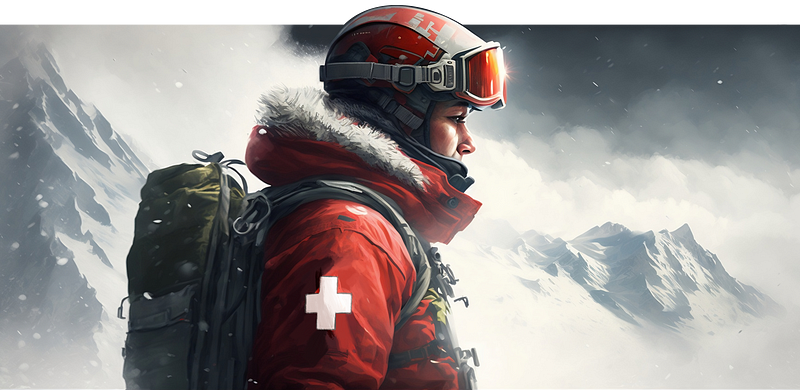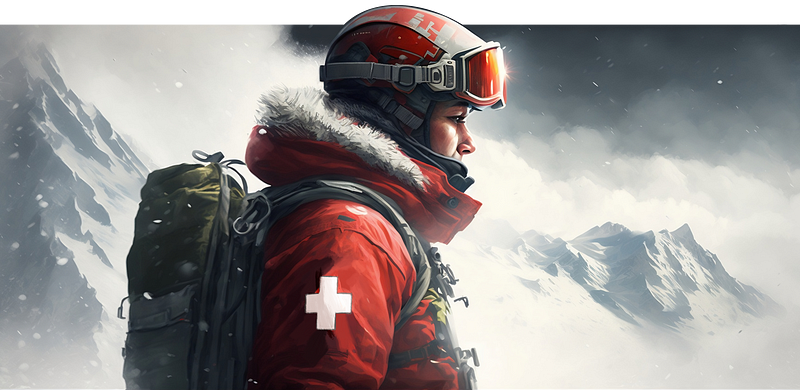What does Product Management have in common with being a First Responder?
In many ways, Product Managers are first responders in how we work within organizations.
Drawing from a couple of years of experience as a Ski Patroller a lifetime ago, I couldn't help but notice some parallels between product management and being a first responder. Neither perform brain surgery nor write code, but without someone taking on these first responder roles, you could find yourself stranded or having an emergency.
In many ways, Product Managers are first responders in how we work within organizations. We set the priorities (triage), set guide rails (secure the scene), help where needed (there's lots to do), discover what to work on next (assess the patient), uncover the cause of your tumbling metrics (the mechanism of injury).
I spent two years volunteering as a Ski patroller a few years ago, working as a first responder with others at our local ski resort. I've generally been the type to remain steady under pressure, but when people's lives are at stake, additional skills you learn in training go a long way to helping you stay calm and focused.
Ski Patrol trains you to be very aware of your surroundings and, when working with a patient, not to take everything at face value. We would probe and ask questions, uncovering more details that would eventually lead to a working thesis of the injury and documentation of the mechanism of injury (hopefully).
During test scenarios and exams, we were often thrown curve balls. Slurred speech or irritability could be caused by a brain bleed and not someone's excessive alcohol consumption or drug use. We were trained to look at and assess an incident scene for signs of what happened, talk with family or bystanders and look for other symptoms to rule out potential causes. First-year training was 60+ hours of in-person training and exams, plus additional hill training and yearly refreshers.
We became good communicators. Knowing our process backward and forward and walking our patient and team through every step so there were no surprises. Sometimes, we'd have to get creative and improvise when supplies were limited, or someone was in a remote, hard-to-access location. Our job was to get them off the ski hill and down to an accessible location where paramedics would be waiting.
When transferring a patient from our care to the paramedics, we'd have to quickly transfer all of the essential information and records so they could continue providing care. If a patient loses consciousness, our initial assessment might be the only information they have to work from. In most cases, our splints and other makeshift solutions would be the thing that kept them together until they got to the hospital.
Despite our limited training (compared to an EMT or Doctor), we were still valuable first responders. I couldn't administer an IV, but I could provide oxygen or administer an EpiPen. We could also ski downhill, pulling an injured person behind us in a sled, something our paramedic friends might have struggled with. Similarly, as PMs, we may not write code or create designs, but we serve a valuable purpose.
As a Product Manager, you often triage for the rest of your product team, diagnosing and defining problems so the rest of the team can plan and build solutions. PMs are:
A valuable resource for thinking through problems.
Providing a business perspective.
Aligning teams.
Informing of and managing external impacts and communicating with stakeholders.
This is a small subset of what PMs can do in your organization, but as with First Responders, when working at our best, we're often embedded in the early stages of the process.
It may seem funny to compare the role of product management to being a first responder. Product managers may not be performing life-saving CPR, but they do play a critical role in the success of a product and the organization as a whole. By serving as a valuable resource for their team and stakeholders, PMs can help guide their organization toward success.





